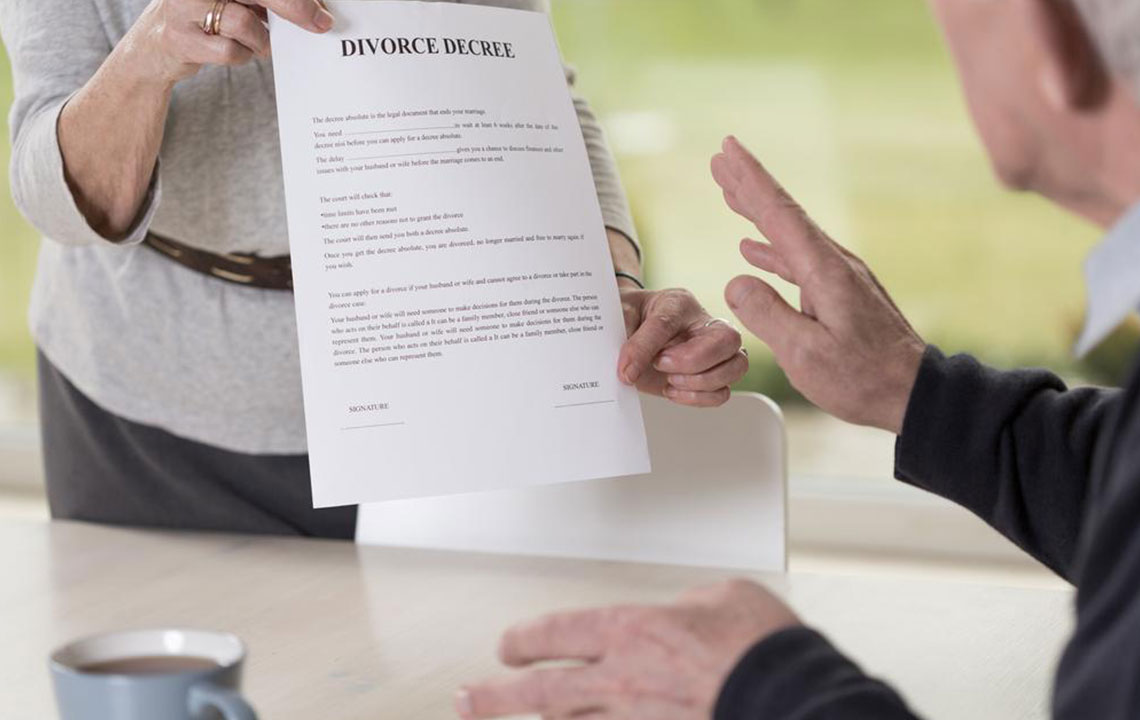3 ways to get divorce records in hand
Divorce records are vital records that are essential for various legal transactions like changing name, seeking spousal support, and enforcing custody arrangements. Since these are public records, they can be obtained for free in the country. Below are the three ways to find divorce records:
The Clerk of Court’s Office
The civil court where the divorce was processed is required to maintain a copy of the divorce records in both electronic as well as a hardcopy on file for a minimum period of seven to 10 years.

Department of Vital Records
The divorce records can also be obtained from the Department of Vital Records, the Office of Vital Statistics, or registrar, in the county where the divorce was processed. For your own divorce records, you can obtain a divorce decree or a non-certified divorce record, once you provide necessary identifications. If you are not a party to the divorce, you may need a signed affidavit or a notarized application from one of the divorce parties, allowing you to obtain the records from the department of records, before you are allowed to access them.
Online Search
The copy of divorce records can also be searched and found online in several cases. Most court websites have the documents included on their site and can be found attached to the court’s local rules. In certain cases, a request may need to be sent in person or via mail. You can also visit the website of the vital records department of the court where the divorce took place. A lot of states have their divorce records information online in a database that you can access yourself or via any search engine that provides these services.